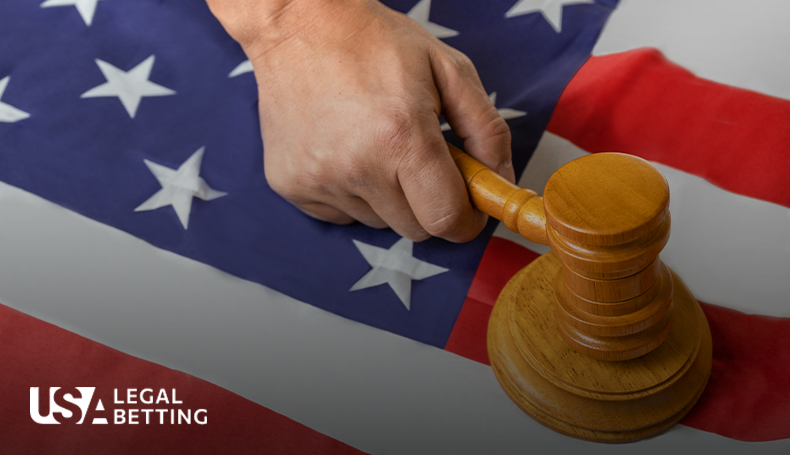The study later suggested that up to 47% of online sports bets in 2024 will be placed on live matches, also known as live or in-play betting.
That’s significant since a Minnesota Senate committee just forwarded an amended version of a sports betting bill that would legalize sportsbooks but forbid live betting. Lawmakers said the intent behind the amendment was to help the state establish the safest gambling market in the country.
If the bill is written into law, Minnesota will become the first state that allows sports wagering but does not offer in-play betting. It also contradicts the findings of the study.
The IBIA noted that Great Britain has an onshore conversion rate of 97%, which it theorized came from a wide availability of traditional and in-play betting lines. It also said that Australia and Germany produced onshore conversion rates of 75% and 60%, respectively, partially because they both outlawed in-play betting.
The study also predicted that Australia would gain $1 billion and Germany would gain $400 million in tax funding annually by allowing live betting.
“The conclusions are clear,” said Ali. “If you want to protect consumers and sports from corruptors while maximizing tax revenues, then allowing a wide range of sports betting products is essential.”
38 of 50 states allow users to frequent legal sports betting sites. North Carolina is just a few days away from its March 11 launch of online sports betting, while legislation is also active in Alabama, Georgia, Minnesota, Missouri, and Oklahoma.
















